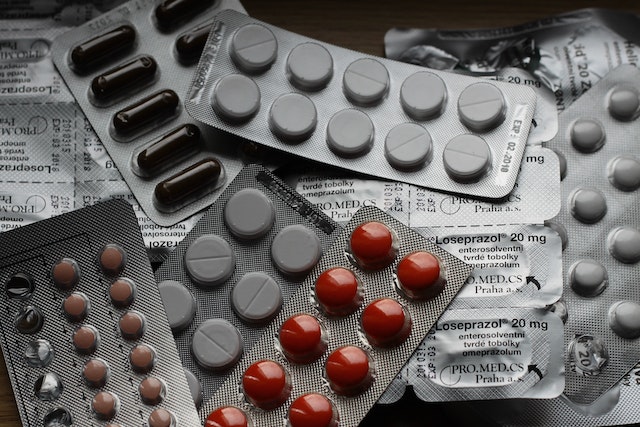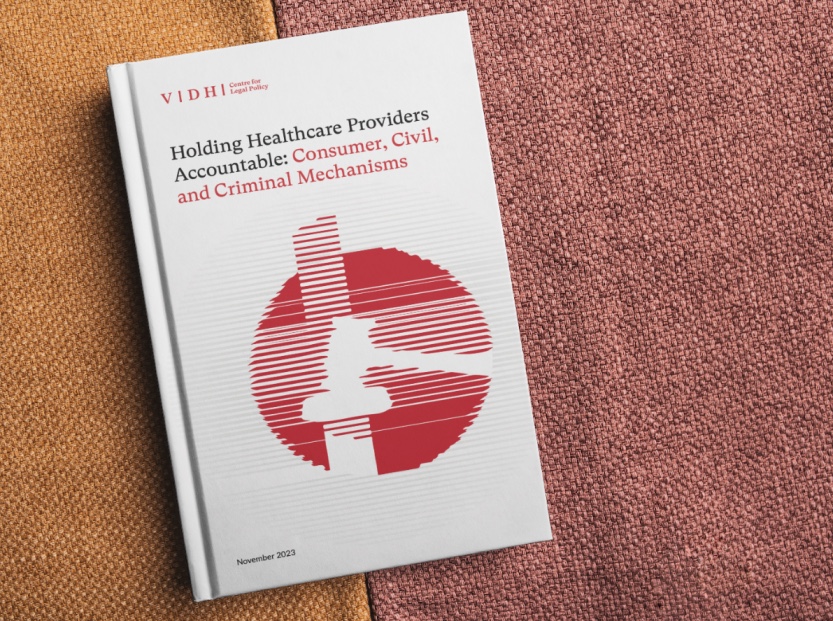
Comments on the Drugs, Medical Devices and Cosmetics Bill, 2022
Submissions to the Ministry of Health and Family Welfare, Government of India
Executive Summary
Pharmaceutical product regulation in India needs a fundamental overhaul. The draft Drugs, Medical Devices and Cosmetics Bill, 2022 does not go far enough in making the changes that are needed to protect the health and safety of Indian citizens and to make the Indian pharmaceutical and medical device industry a truly global competitor.
The key reason for this is the absence of an independent, statutory regulator. Most developed jurisdictions around the world, in line with World Health Organisation Recommendations on the regulation of pharmaceutical products, have a dedicated, statutory regulator for drugs and medical devices that has a certain degree of autonomy from the government.
The Drugs Technical Advisory Board and the Medical Devices Technical Advisory Board that are proposed under the Draft Bill are not sufficient to allow for the modern, dynamic regulation of pharmaceutical products. The existing regulatory architecture is outdated and will not be responsive to the needs of citizens or the industry. Therefore, our main recommendations are:
- Create separate legal regimes for drugs and medical devices
- Create separate, independent regulators for drugs and medical devices, with the autonomy to take their own decisions and with appropriate, specialised expertise to carry out different functions – standard setting, licensing, quality control, post-market surveillance, and enforcement
Specifically in relation to the Draft Bill, our main recommendations are:
- Create centralised regulators that have oversight over state drug authorities or regulatory agencies
- Lay down clear functions for central and state drug regulatory authorities and provide mechanisms to audit their functioning
- Centralise the process of issuing manufacturing licences
- Provide a clearer regulatory pathway for emergency use authorisation of drugs
- Provide legislative guidance for the compounding of offences
- Create standard operating procedures for coordinated enforcement actions
- Clarify rules for the recruitment of Drugs Control Officers
- Lay down substantive provisions regarding the approval of clinical trial protocols
- Publish justifications for the approval or rejection of clinical trial protocols
- Make information about serious adverse events during clinical trials, and the action taken thereon, available in the public domain, while ensuring the protection of personal health information
- Specifically in the context of medical devices, create dedicated registries to track and monitor medical devices and to issue advisories, alerts or warnings in case of malfunction or otherwise
- Permit medical devices to demonstrate substantial equivalence with predicate devices only onthe basis of certain safeguards, especially for high-risk medical devices





